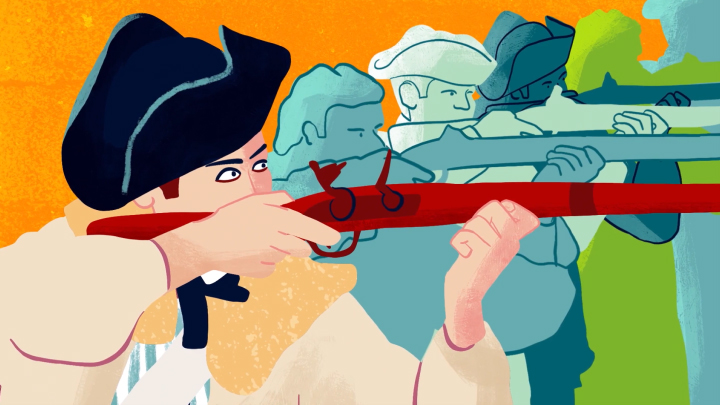
Massachusetts Historical Society
The Massachusetts Historical Society, founded in 1791, collects and communicates materials that promote an understanding of American history. Free and open to all, the MHS offers resources for students, teachers, historians, and the public
Part of:
Inaugural Partners
Part of:
Inaugural Partners
About
The Massachusetts Historical Society, founded in 1791, is the oldest organization in the United States devoted to collecting materials for the study of American history. Its extraordinary collections tell the story of America through millions of rare and unique documents, artifacts, and irreplaceable national treasures. Free and open to the public, our library has significant primary resources for historians, academics, students, teachers, and the historically curious. The MHS is dedicated to strengthening K-12 education in Massachusetts and beyond by providing ever-expanding access to our unparalleled collections. We serve teachers and students through National History Day in Massachusetts (NHD), teacher professional development, and robust online resources including HistorySource.org.
Collection Contributions
(12)
Pivotal Battles and Events of the Revolutionary War

Celebrations in America

Learning to Think Historically

Paradox in the Fight for Liberty: African American Experiences in the Revolutionary War Era

Branches of U.S. Government

Economic Factors Leading to the American Revolution

Economic Factors Leading to the American Revolution

The American Revolution: An Overview

Civic Virtues

Celebrations and Remembrances in the United States

Social Studies Skills: Maps

Life in the Thirteen Colonies

Resource Contributions
(44)

poster
Prospect Hill. Bunker's Hill.

document
Paul Revere Deposition of the Midnight Ride, 1775

map
A Plan of Boston, and its Environs Shewing the True Situation of His Majesty's Army

poster
A List of the Names of the Provincials who were Killed and Wounded in the late Engagement with His Majesty's Troops at Concord, &c.

artifact
Relief Ellery's Teaspoons

poster
Early Broadside of the Declaration of Independence
